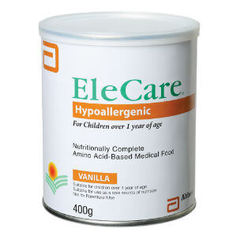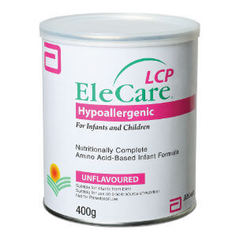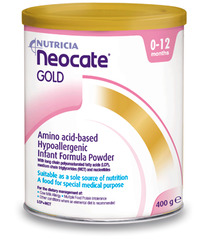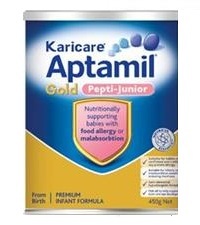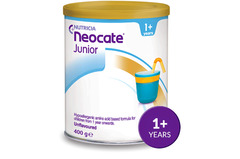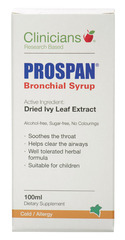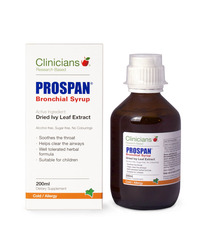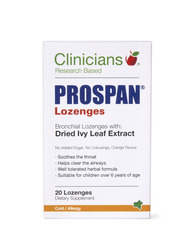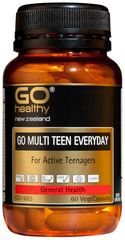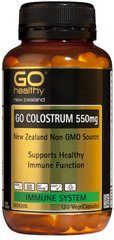EleCare for Infants Unflavoured 400g
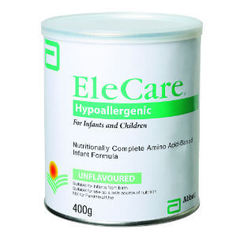
EleCare Unflavoured is indicated for the initial and continuing treatment of multiple food allergies including allergy to:
Cow’s Milk Protein
Soy Protein
Protein Hydrolysate Formulae
EleCare
Unflavoured is also indicated for the initial and continuing treatment of Eosinophilic Oesophagitis, and other conditions in which an amino-acid based diet is required (e.g. maldigestion, malabsorption and GI tract impairment). Suitable for use in both oral and tube feeding.
100% free L-amino acids
1/3 of fat blend as Medium Chain Triglycerides (MCT) to aid fat absorption
Hypoallergenic
Supports normal growth and improves iron status
Milk free, lactose free, gluten free and soy protein free
http://www.abbottnutrition.co.nz/Portals/0/img/Abbott_NZ_Paediatric%20Specialised%20Nutrition.pdf
Use as directed
55.9% corn syrup solids, 9.0% high-oleic safflower oil, 7.6% Medium Chain Triglycerides (MCT oil), 6.5% soy oil, 2.0% l-glutamine, l-asparagine, l-leucine, DATEM (Emulsifier), l-lysine acetate, calcium phosphate, l-valine, potassium phosphate, l-isoleucine, l-arginine, l-phenylalanine, l-tyrosine, sodium citrate, l-threonine, potassium citrate, l-proline, l-serine, l-alanine, glycine, l-histidine, l-methionine, ascorbic acid, magnesium chloride, l-cystine dihydrochloride, l-tryptophan, calcium carbonate, choline chloride, m-inositol, salt (sodium chloride), ferrous sulphate, taurine, ascorbyl palmitate, zinc sulphate, niacinamide, dl-alpha tocopheryl acetate, l-carnitine, calcium pantothenate, thiamin chloride hydrochloride, cupric sulphate, vitamin A palmitate, manganese sulphate, riboflavin, pyridoxine hydrochloride, beta carotene, folic acid, biotin, phylloquinone, chromium chloride, potassium iodide, sodium selenate, sodium molybdate, vitamin D3 and cyanocobalamin
Important notice: Breast milk is best for babies. Professional advice should be followed before using an infant formula. Introducing partial bottle-feeding
could negatively affect breast-feeding. Good maternal nutrition is important for breast-feeding and reversing a decision not to breast-feed may be difficult.
Infant formula should be used as directed. Proper use of an infant formula is important to the health of the infant. Social and financial implications should be considered when selecting a method of feeding.
